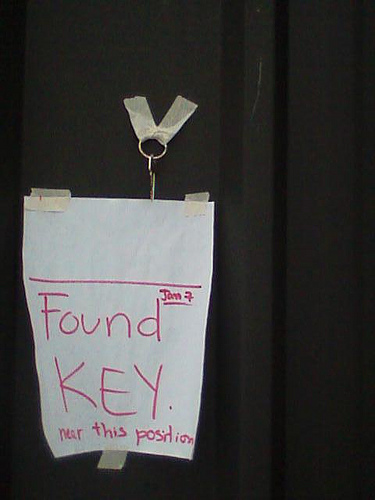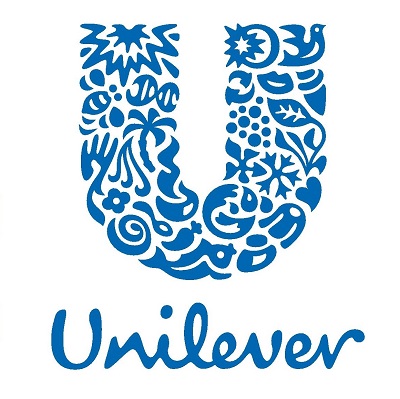The recently announced Publicis and Omnicom merger will create the largest marketing communications company in the world. In an industry which is no stranger to takeovers, buy-outs and mergers, this one seems to be creating shockwaves. Even Martin Sorrell, CEO of competitor WPP called the move “surprising”. The new company will be huge, with revenues of around US$23 billion, far outstripping WPP by some margin. Two giants now sprawl across the marketing services and advertising landscape and there will be many implications. Cost savings, efficiencies, client conflicts – this is a big deal for everyone in the industry – but what does it really mean for marketers?
Publicis and Omnicom – first the bad news
 Most marketers would agree that a lack of choice is never a good thing for a buyer, yet it appears that the marketing industry is hell-bent on doing exactly this: with ‘big agency’ now a virtual duopoly, one has to wonder how this creates better value for the brand owners and marketers. US$500 million of cost savings, driven by ‘efficiency’ have been mooted but not explained; and given that the new merger doesn’t highlight significant growth opportunities, one suggests that these savings will get passed onto the shareholders (once all of the inevitable legal and restructuring costs have been covered). It seems that there is little in this deal of inherent value for brand marketers and their companies.
Most marketers would agree that a lack of choice is never a good thing for a buyer, yet it appears that the marketing industry is hell-bent on doing exactly this: with ‘big agency’ now a virtual duopoly, one has to wonder how this creates better value for the brand owners and marketers. US$500 million of cost savings, driven by ‘efficiency’ have been mooted but not explained; and given that the new merger doesn’t highlight significant growth opportunities, one suggests that these savings will get passed onto the shareholders (once all of the inevitable legal and restructuring costs have been covered). It seems that there is little in this deal of inherent value for brand marketers and their companies.
Creating opportunities from the merger
So, then, it is up to brand managers, marketing directors and shopper marketers to create their own value from the market: here are a few thoughts as to what the marketing community should do to create value from the new marketing services landscape.
Demand and reward pace and flexibility.
Big companies are not always slow, but there’s enough data to suggest at least some correlation between size and pace (or lack thereof). But in today’s world responsiveness is paramount. Brand teams must demand pace, litheness, and ensure that this is baked in to any deals and contracts that we have.
Demand talent
Whilst there are no indications of significant job losses, efficiencies have been promised to shareholders and will have to be delivered. Many may lose jobs; and individuals may need to cover more ground. You should take this opportunity to be specific about the teams they want; and, if a great partner leaves, feel free to follow the talent.
Demand creativity, and not just from creatives
Big businesses thrive by driving efficiencies, and efficiencies often come from following formulae. Efficiencies can be great news if it reduces costs (something we all want) but bad news if this leads to a cookie cutter approach, which rarely drives competitive advantage. Creativity is not just something that the creatives do – it’s something that all great businesses do. Let’s hope we don’t lose that in the name of efficiency. As IPG’s Michael Roth says here, bigger certainly does not make for better, as far as creative goes.
Seek competitive advantage
Whilst much of the press around this merger has focused on the big and obvious client conflicts (Coke and Pepsi, for one), there is a danger that every company will have its competitive edge blunted by this. Less choice could lead to less differentiation – where will competitive advantage come from when everyone is using the same two companies? My advice is to use the big guys for sure – particularly where scale can create efficiencies – but seek alternatives in areas where key competitive advantage is sought – seek out smaller specialists in key areas. Part of marketing strategy must be about identifying areas of potential competitor advantage, and exploiting them: choosing the right supplier is part of that process.
“Big Agency” seems to be going the same way as “Big Retail”. The threat of commoditization of offer, of everything becoming about price, is very real. Big brand owners are somewhat culpable, with their demands of ‘more for less’, but we don’t all have to play that game. Choosing agencies is strategic, or it should be. Choose right and there are opportunities and competitive advantage aplenty yet.
If you like this blog, and are interested in how an independent company can add massive value, check out the other posts and please do leave comments if you have any thoughts yourself (if you like it, don’t forget to subscribe!)




